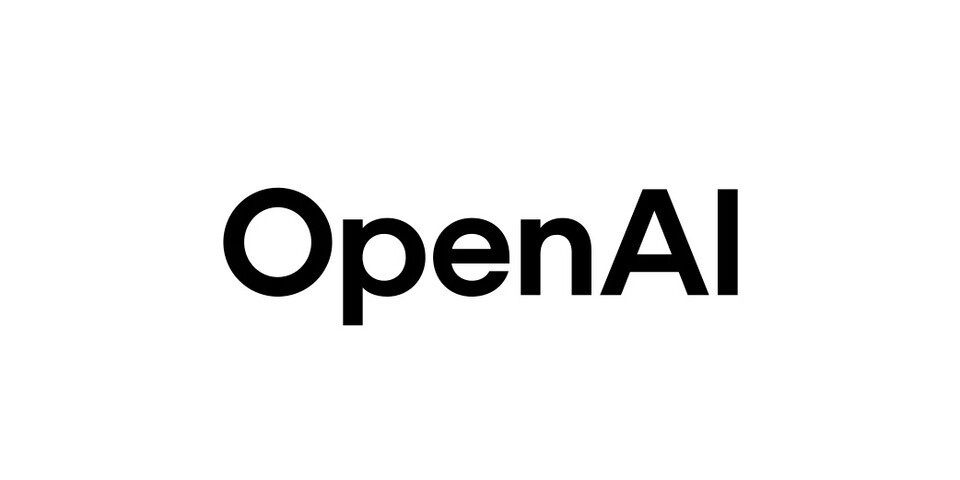OpenAI has acquired the AI-based personal asset management application ‘Roi’ on the 3rd (local time). This acquisition is interpreted as OpenAI’s move to expand its business scope beyond the technology platform to consumer-centric services.
Roi is a fintech startup that integrates and analyzes users’ financial data to manage investment status and provide customized advice. It is designed to allow users to check and trade various assets such as stocks, cryptocurrencies, decentralized finance (DeFi), real estate, and NFTs in one place.
Roi’s co-founder and CEO, Sujith Vishwajith, announced the acquisition directly on his X (formerly Twitter) account on the 4th (local time). He stated, “The reason for starting Roi was to create an environment where anyone can easily invest,” adding, “Personalization is not only the future of finance but also the future of software.”

The acquisition terms by OpenAI have not been disclosed. Roi plans to end its service on October 15, and among Roi’s team of four, only CEO Vishwajith will join OpenAI.
This acquisition is part of OpenAI’s ongoing strategy of acquisition-hire focused on securing talents, which the company has been promoting this year. Recently, the company has acquired Context.ai, Crossing Minds, and Alex to secure key talents.
As Roi has experience in developing personalized financial services, it is expected to be directly linked to OpenAI’s efforts to enhance personalized consumer services. The company, which has been focused on developing general models, is now shifting towards personalized services that operate according to user preferences and tastes.
Roi is equipped with features that go beyond simple financial data integration, learning from user dialogues to tailor responses to user inputs, such as occupation, personality, and preferred communication style. In one example post from Roi, when a user asked to speak like Generation Z with short and straightforward language, Roi conveyed loss information with a humorous tone, saying, “Today you lost $30,000. But given your investment style, this downturn might be a buying opportunity.”
This acquisition shows that OpenAI is moving away from being a simple API provider and advancing into the development of consumer-centric application services. The company has already introduced services such as the personalized news summary service ‘Pulse’, user-generated video content app ‘Sora’, and chat-based payment feature ‘Instant Checkout’, expanding direct consumer contact.
This consumer service sector is managed by a dedicated organization led by former Instacart CEO Fidji Simo. Roi’s personalization technology and user-customized interface are expected to align with this department’s strategic direction.
CEO Vishwajith is also a figure with experience in consumer behavior analysis. He stated that during his time at Airbnb, he analyzed user behavior data to generate over $10 million in revenue with only 25 lines of code modification. OpenAI’s decision to bring him on board is interpreted as a move to strengthen not only technology but also data-driven monetization strategies.
Roi, a New York-based startup established in 2022, secured $3.6 million in initial investment from firms like Spark Capital, Gradient Ventures, and Spacecadet Ventures. From its inception, it has set the personalized financial experience as its core goal and built an AI system that learns users’ financial habits and investment preferences.
OpenAI’s acquisition symbolizes the ‘personalization competition’ that is spreading throughout the AI industry. Until now, AI focused on providing identical information to an unspecified majority, but it is evolving towards understanding and responding to users’ context and individuality.
OpenAI’s acquisition of Roi is interpreted as a strategic decision to develop its technology more user-centric amid this change. While the company continues its core research based on language models, it is simultaneously focusing on creating practical consumer experiences, enhancing the completeness of the AI ecosystem.